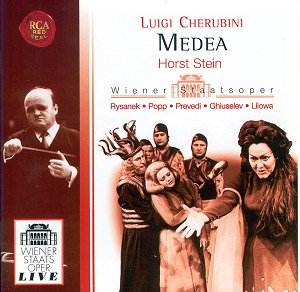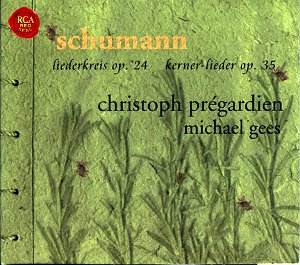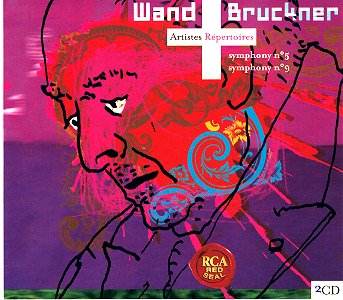 Composer: Luigi Cherubini
Composer: Luigi Cherubini
Works: Medea
Performers: Leonie Rysanek (soprano), Bruno Prevedi (tenor), Lucia Popp (soprano), Nicolai Ghiuselev (bass), Margarita Lilowa (mezzo soprano), Reid Bunger (baritone), Edita Gruberova (soprano), Laurence Dutoit (soprano), Ewald Aichberger (Argonaut)
Recording: Recorded live by Austrian Radio (ORF) on 31 January 1972
Label: RCA
The opera “Medea,” composed by Luigi Cherubini and premiered in 1797, occupies a unique niche in the operatic canon, particularly as one of the few significant stage works to emerge during the tumultuous period of the French Revolution. Cherubini’s masterful score weaves a tapestry of intense emotional expression and psychological complexity, reflecting the era’s shifting cultural landscape. The opera’s historical reception has been uneven; initially met with indifference in France, its revival in Germany, with recitatives by Franz Lachner, has cemented its place in the operatic repertoire, particularly through the lens of celebrated performers such as Callas and, in this instance, Leonie Rysanek.
Rysanek’s portrayal of Medea is nothing short of a tour de force, characterized by her remarkable vocal agility and dramatic intensity. In the opera’s opening moments, Rysanek’s chilling entrance immediately captivates the audience; her vocal line, which demands the utmost precision and emotional resonance, is executed with a palpable sense of urgency. The dramatic arc of her character, from a scorned lover to a figure of vengeful wrath, is underpinned by Rysanek’s ability to navigate her voice’s expansive range with both power and subtlety. Her ability to deliver the character’s despair and rage resonates profoundly through the complex harmonic language that Cherubini employs, especially in the climactic moments leading to Medea’s tragic deeds.
The supporting cast complements Rysanek’s performance effectively. Lucia Popp, as Glauce (or Dircé), exudes a lyrical beauty in her Act One aria, showcasing a voice that balances both strength and delicacy. Her command of the lyrical line stands as a testament to her interpretative skill, especially in the context of her character’s eventual fate. Bruno Prevedi’s portrayal of Jason, while occasionally marred by pitch inaccuracies, nevertheless possesses a Verdian flair that aligns with Cherubini’s dramatic style, bringing to life the conflicted emotions of a man torn between love and betrayal. Nicolai Ghiuselev’s Creon adds a formidable presence, his rich bass grounding the performance with gravitas.
Horst Stein’s conducting is a critical element in this recording, as he deftly navigates the complex textures of Cherubini’s orchestration, allowing the Vienna State Opera Orchestra to shine. His pacing of the score maintains a dramatic tension that underscores the unfolding narrative, with particular attention to the nuanced interplay between the orchestra and singers. The sound quality captures the essence of a live performance, with a warm resonance that enhances the orchestral colors and vocal dynamics, though some audience noise and the audible presence of the prompter evoke the atmosphere of the 1972 performance.
This recording serves not only as a testament to Rysanek’s formidable artistry but also as a vital document in the ongoing reassessment of Cherubini’s contributions to the opera repertoire. The interplay of vocal virtuosity, dramatic interpretation, and orchestral richness makes it a compelling listen. Cherubini’s “Medea,” through this performance, emerges not merely as a historical artifact but as a living, breathing work that continues to challenge and captivate audiences. Rysanek’s portrayal, in particular, remains a high-water mark, ensuring that this recording will resonate with both enthusiasts of the genre and those discovering Cherubini’s operatic landscape for the first time.


